The Political Economy of Information

Summary
The "information society" is real. Information - as a marketable commodity - is quickly taking up the powerful role once held by heavy industry and manufactured products. How this revolution is affecting society, and how both society and government are responding to it, is the subject of this book. Every dimension of social life, whether in the home or the workplace, is affected by information and the technologies that shape it into a marketable commodity. Along with the positive aspects of these broad changes, there are inevitable the growing gap between the information rich and poor, the need for widespread access to communication and information technology, the threat to privacy, and the potential of the technology to create global instabilities. The editors have enlisted specialists and scholars in business, communication studies, computing and information science, economics, law, library science, political science, and sociology to examine these changes and problems by looking at information specifically as a commodity. The book begins with chapters on ways of seeing and thinking about information in the light of developments in computer communication technology. The ability of the technology to measure and monitor information transactions and to package and repackage information products leads to fresh views on the nature of industrial society, perhaps leading to the development of what Robins and Webster refer to as "cybernetic capitalism". These theoretical chapters are followed by studies that identify and examine specific problems in the political economy of information. These include how business is making information a marketable commodity, how government is responding to this development, the implications for access to information, privacy, social class divisions, and specific impacts on the home and workplace. The concluding chapters consider the global significance of transforming information into a marketable product with specific studies on Europe, Asia, and the efforts of Third World nations to overcome disparities in the information society.
Similar Books
-

-
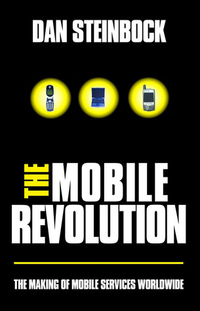 The Mobile Revolution: The Making of Mobile Services Worldwide
The Mobile Revolution: The Making of Mobile Services Worldwideby Dan Steinbock
-
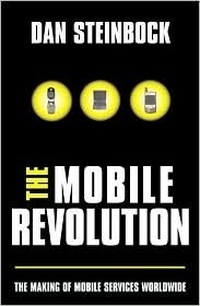 The Mobile Revolution: The Making of Worldwide Mobile Markets
The Mobile Revolution: The Making of Worldwide Mobile Marketsby Dan Steinbock
-
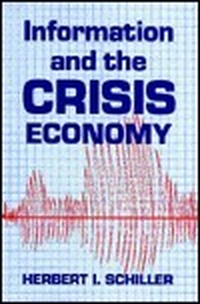 Information and the Crisis Economy:
Information and the Crisis Economy:by Herbert Irving Schiller
-

-
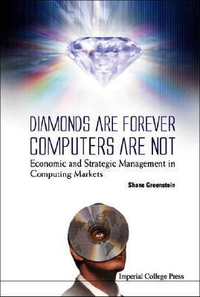
-
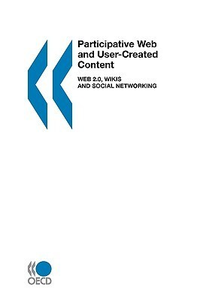 Participative Web and User-Created Content: Web 2.0, Wikis and Social Networking
Participative Web and User-Created Content: Web 2.0, Wikis and Social Networkingby OECD Organisation for Economic Co-operation and Development
-

-
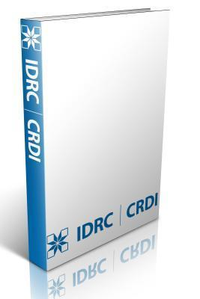 Gender and the Information Revolution in Africa
Gender and the Information Revolution in Africaby Edith Ofwona Adera
-
 The Internet Depression: The Boom, The Bust And Beyond
The Internet Depression: The Boom, The Bust And Beyondby Michael J. Mandel
-
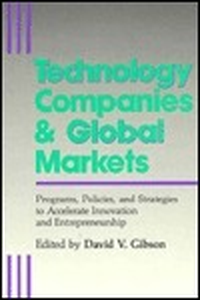 Technology Companies and Global Markets
Technology Companies and Global Marketsby David V. Gibson
-
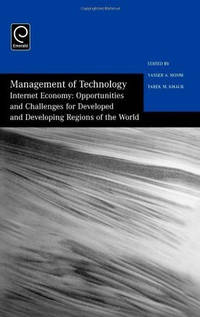
-
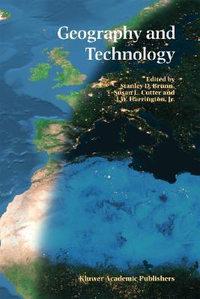 Geography and Technology
Geography and Technologyby Stanley D. Brunn
-
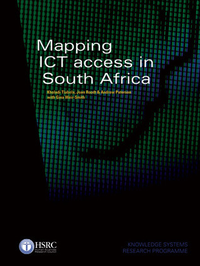 Mapping ICT Access in South Africa
Mapping ICT Access in South Africaby Kholadi Tlabela
-
 The Industrial Dynamics of the New Digital Economy
The Industrial Dynamics of the New Digital Economyby Peter Maskell
-
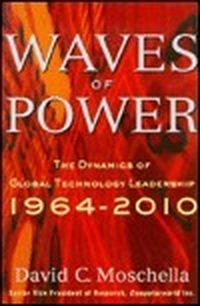 Waves of Power: Dynamics of Global Technology Leadership 1964-2010
Waves of Power: Dynamics of Global Technology Leadership 1964-2010by David C. Moschella
-
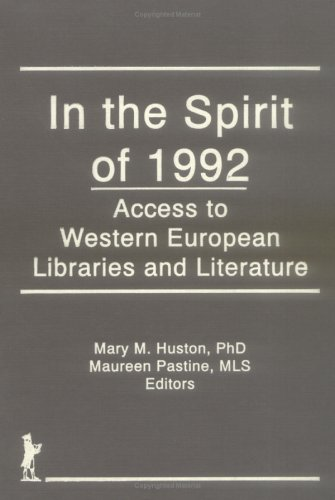
-
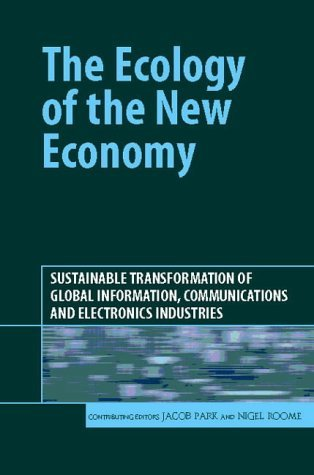
-
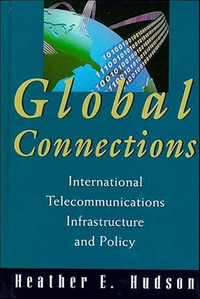 Global Connections: International Telecommunications Infrastructure and Policy
Global Connections: International Telecommunications Infrastructure and Policyby Heather E. Hudson
-
 Political Economy of Information
Political Economy of Informationby Vincent Mosco
-
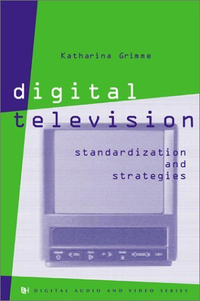 Digital Television Standardization & Strategies
Digital Television Standardization & Strategiesby Katharina Grimme
-
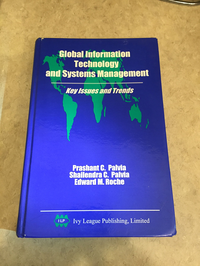 Global Information Technology and Systems Management
Global Information Technology and Systems Managementby Shailendra C. Palvia
-
 The Human Side of New Manufacturing Technology
The Human Side of New Manufacturing Technologyby Toby D. Wall
-
 The Internet Civilization: Enterprises, Education, Governance
The Internet Civilization: Enterprises, Education, Governanceby Bertrand Schneider
-
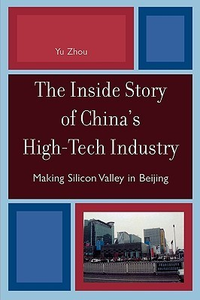
-

-
 Information Transfer: New Age -- New Ways
Information Transfer: New Age -- New Waysby Suzanne Bakker
-
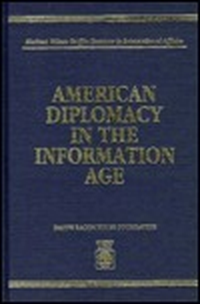 American Diplomacy in the Information Age
American Diplomacy in the Information Ageby Dacor Bacon House Foundation
-
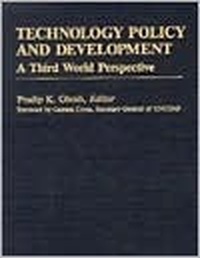 Technology Policy and Development: A Third World Perspective
Technology Policy and Development: A Third World Perspectiveby Pradip K. Ghosh
-
 New Economy? The Changing Role of Innovation and Information Technology in Growth
New Economy? The Changing Role of Innovation and Information Technology in Growthby OECD Organisation for Economic Co-operation and Development
-
